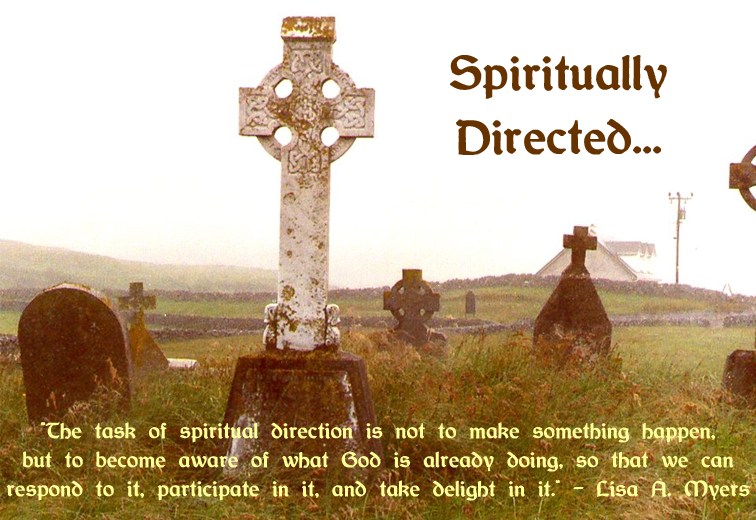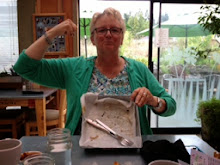 I'm starting something new today - a discussion of my favorite movies. Long ago I taught a class in which I had those in attendance list their top ten movies of all time. What a fabulous conversation we had. I discovered that people love their top ten and wanted to tell you why. Of course the problem we found with making lists with a limited amount of slots is that you always wonder what to do with that number 11 movie on your list (and if it had been 5 we would have worried about our number 6)! So this will be a fluid list - to be discussed on Saturdays.....so here goes....in no particular order. Today's selection - Smoke Signals(Chris Eyre, USA, 1998)....I love Sherman Alexie, the author of the book this film is based on. Go to the library and pick up one of his books. You won't be disappointed.
I'm starting something new today - a discussion of my favorite movies. Long ago I taught a class in which I had those in attendance list their top ten movies of all time. What a fabulous conversation we had. I discovered that people love their top ten and wanted to tell you why. Of course the problem we found with making lists with a limited amount of slots is that you always wonder what to do with that number 11 movie on your list (and if it had been 5 we would have worried about our number 6)! So this will be a fluid list - to be discussed on Saturdays.....so here goes....in no particular order. Today's selection - Smoke Signals(Chris Eyre, USA, 1998)....I love Sherman Alexie, the author of the book this film is based on. Go to the library and pick up one of his books. You won't be disappointed.This is a movie about life on a NW reservation, the relationship between Native Americans and the United States, and the main characters, Victor Joseph and Thomas Builds-a-Fire, who struggle to come to terms with their relationship with one another and their fathers. I never could figure out why the cover of the DVD didn't just have the two of them on it, but I digress....
This quote from the film speaks to the tragedy of their childhoods:
"You know, there are some children who really aren't children at all. They're just pillars of flame that burn everything they touch. And there are some children who are just pillars of ash that fall apart when you touch them. Victor and me, we were children of flame and ash."
By the way, I do a great impersonation of Thomas builds-a-fire in a Denny's restaurant (ask my kids) "Hey Victor! I remember the time your father took me to Denny's, and I had the Grand Slam Breakfast. Two eggs, two pancakes, a glass of milk, and of course my favorite, the bacon. Some days, it's a good day to die. And some days, it's a good day to have breakfast." But I digress yet again..:)
The must-see scene comes at the end of the film for this famous poem by Dick Lourie. It was originally published in a longer version titled "Forgiving Our Fathers" in a book of poems "Ghost Radio" published by Hanging Loose Press in 1998.
How do we forgive our fathers?
Maybe in a dream.
Do we forgive our fathers for leaving us too often, or forever,
when we were little?
Maybe for scaring us with unexpected rage,
or making us nervous
because there never seemed to be any rage there at all?
Do we forgive our fathers for marrying, or not marrying, our mothers?
Or divorcing, or not divorcing, our mothers?
And shall we forgive them for their excesses of warmth or coldness?
Shall we forgive them for pushing, or leaning?
For shutting doors
or speaking through walls?
For never speaking,
or never being silent?
Do we forgive our fathers in our age, or in theirs?
Or in their deaths,
saying it to them or not saying it.
If we forgive our fathers, what is left?
























No comments:
Post a Comment